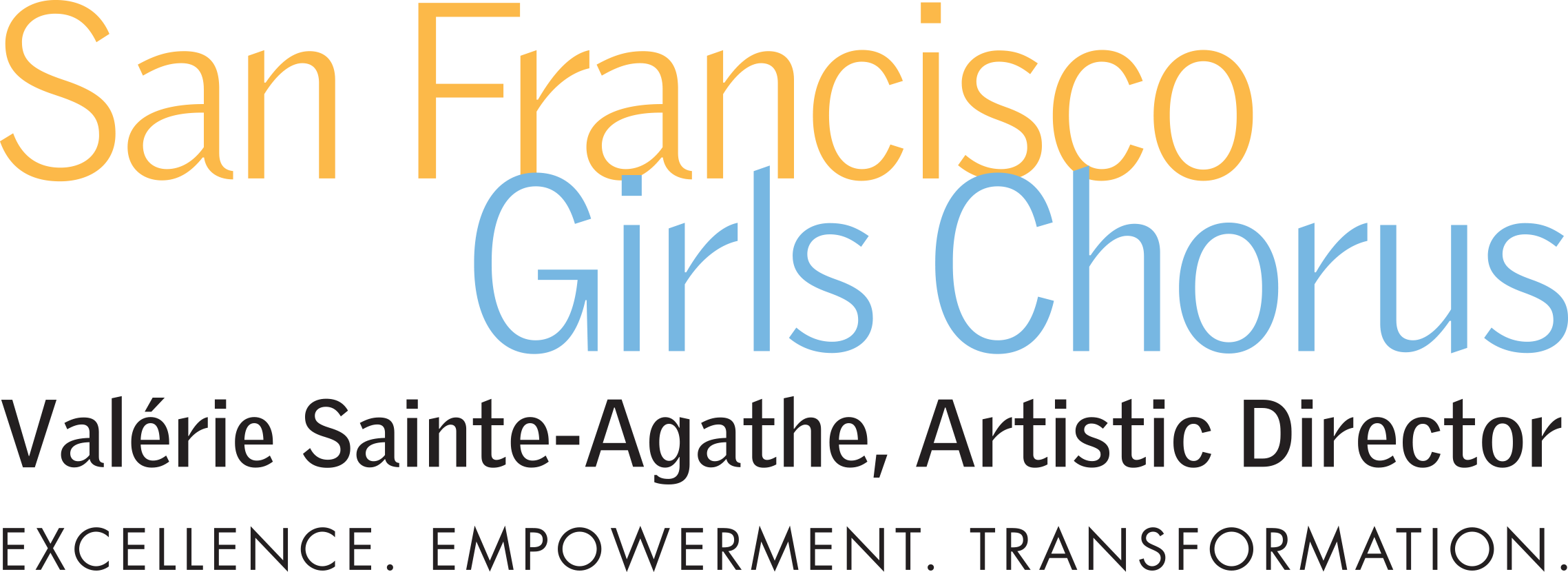Postcard from the Artistic Director, May 15, 2015
Warm greetings to my SFGC Friends,

Very warm, in fact, as it seems NYC is enjoying one of its stuffy early summers. I've entered a time of "lockdown" - in sharp contrast to my travels, I am now mostly at home for the rest of the season, at the piano putting notes on the page. I've also been chatting with my colleague Peter Askim, a name some of you may remember from when I last saw him, conducting a piece of Aaron Jay Kernis's at the Idyllwild Academy a year ago [Postcard from the Artistic Director - May 9, 2014]. Peter is a superb bass player and an imaginative composer, but he's been making his mark lately as a conductor and a coach and mentor to young musicians. He'll be conducting a performance of my string orchestra piece in Connecticut this June as part of a festival he founded called the Next Festival of Emerging Artists, for serious, career-minded musicians—mostly string players—aged 18-30.
I'm inspired by Peter's vision for this festival, because he is offering a kind of guidance to musicians at a particularly vulnerable time in their lives, this time period after school and before "life," a time of great financial and emotional uncertainty for many. Our programs at the SFGC provide training at an important time for girls who do wish to enter the musical field professionally, since musical education really must be acquired and mastered in childhood if one hopes to reach a professional level as an adult. So of course it is extremely important to get them started early, and to give them structured training. In fact, structured training continues through conservatory or college music education as well, but at some point, all of us get dumped into the larger sphere: The Real World. What then? Peter offers a space for talented young musicians in this crucial transition stage to enjoy camaraderie and inspired, respectful mentoring, in an environment with few other life pressures, and with a less controlled kind of guidance. At this age, once a young musician has come through a program like, for example, our own Chorus School, a serious-minded young person knows what she wants and where she's headed. Mentoring this age takes a special person—watch Peter work!
[embed]https://youtu.be/UsnBHh3m13c[/embed] I love the moment at 3:02 when he acknowledges with great respect that his young proteges know what they need. They are taking up their own musical paths at this point!
Peter is a composer himself, and when the full group comes together to perform at the end of the festival, they play contemporary music. But as a string player and conductor himself, you can see here that he is equally passionate about Mozart and Mendelssohn. Watch him coach the chamber groups, starting at 0:45. He talks a lot about letting the body breathe, and at 2:20 he even creates a sung phrase "You must play so well" to help a player find the shape of a musical phrase. As singers, how much of what he tells these instrumentalists might be useful to us as well? Unlike the voice - or for that matter, unlike a flute or a clarinet - a string instrument doesn't require actual breath to play. So why is he talking about breathing? He also talks about the movement of an arm at a moment when the bow is not even on the instrument! How can things like breathing and moving an arm in silence affect the sounds a cellist makes? Can you hear the difference, when he coaches them? Have you watched coaches in other fields - say, in sports, for example? How is Peter's style of coaching similar to a sports coach? How does he use metaphor? How does he use his own body? He moves along with them, he sings along with them, he cajoles them and shushes them. In fact, a lot of his communication with the young musicians is non-verbal. Why is non-verbal communication like this particularly effective when coaching music? Or sports? Is he communicating what he is thinking about the music? What he is hearing? What he is feeling? Some combination of all three? Is he getting the musicians to think, hear and feel in a new way?
As some of our own girls prepare to embark on the next chapter of their own lives, it is great to be watching Peter work. He's got me thinking: how can our field can help talented young people who are no longer Girls, but young women on the brink of charting their own musical paths? I look forward to immersing myself in the Next Festival atmosphere, and bringing some of Peter's magic dust back to all of us!
Until next time, from my piano,
Yours, Lisa
